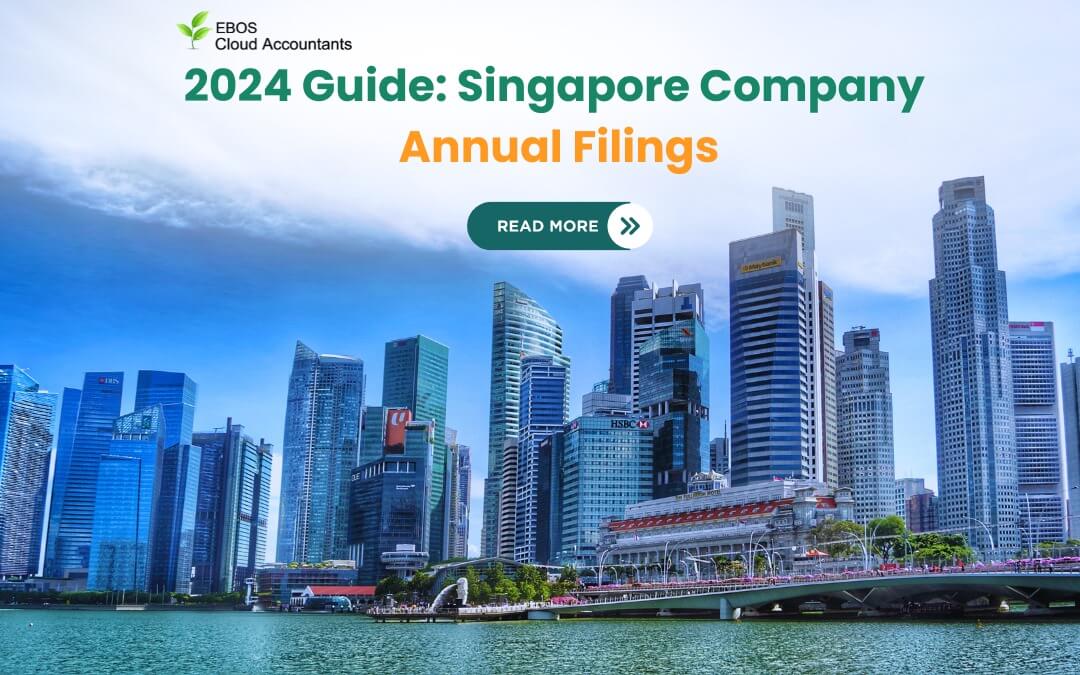If you are a Singapore-incorporated firm, you must file your annual returns with ACRA within the statutory deadline after the end of each fiscal year. Understanding financial accounts is critical for making sound decisions, but navigating the world of yearly returns can be challenging.
Hence, under the Companies Act, all Singapore-incorporated corporations must file an annual ACRA filing to ensure that the ACRA register contains their updated information. The corporation must also report the date of its annual general meeting (AGM), if it held one, and its financial statements (if any). Company officers may face legal consequences for not filing their company’s annual return.
In this guide, we cover everything you need to know, including the documentation you must prepare, the deadline, and the consequences of non-compliance with the regulations.
Annual Return Checklist
An annual return is a yearly statement that provides crucial information about the company’s structure, operations, and financial standing.
The nominated officer of your company may file the annual return through the ACRA filing platform BizFile+. Alternatively, a registered filing agent can do this on your behalf.
Annual returns typically include the following:
A. Corporate filing information, such as your company’s name, unique entity number, and registration address.
B. Principal activities: Describe your company’s business activities.
C. Details of your company’s directors, secretary, and board members.
Section 175A of the Companies Act exempts private firms from holding AGMs.
A. If all members have passed a resolution to discontinue AGMs;
B. If they send their financial statements to their members within five months of the fiscal year’s end; or
C. If the company is a private, dormant, significant company exempt from filing financial statements.
When Should I File My AGM and AR?
Every company must convene its first AGM filing within 18 months of establishment, with future AGMs held annually at intervals of no more than 15 months. For non-listed corporations, the AGM must take place within 6 months after the fiscal year’s end. You must file the annual return within seven months of the company’s fiscal year-end.
In Singapore, your company’s fiscal year-end (FYE) determines the date for filing its annual return. Here’s how to determine when to file your annual return.
Your company’s accounting period concludes on the financial year-end date. This date is usually set when you incorporate your firm and can be any date within 18 months of the incorporation date.
Extension of Deadline for AGM and AR Filing
If the firm cannot meet the deadline for holding its AGM or filing its annual returns, it can request a two-month extension from ACRA.
There are two different extensions to apply for under Sections 175 and 201 of the Companies Act, depending on the situation. In either case, the corporation may only need to file an application under one Section.
In Summary
Annual filings for Singapore companies are crucial for ensuring legal compliance, promoting transparency, facilitating decision-making, accessing capital, upholding corporate governance standards, and maintaining public trust and reputation.
Contact EBOS Cloud Accountants today to ensure you meet all legal standards imposed by the Accounting and Corporate Regulatory Authority (ACRA). File your annual filings on time to avoid penalties and legal implications.







